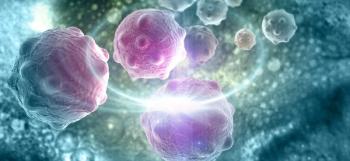
Tessa Therapeutics presented positive data from the phase 2 CHARIOT study of TT11 in December 2021.

Tessa Therapeutics presented positive data from the phase 2 CHARIOT study of TT11 in December 2021.
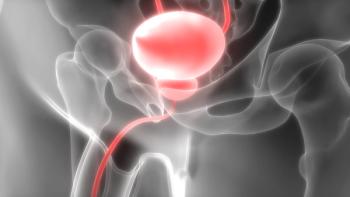
Multiple cell and gene therapy companies have been granted patents for novel technology in 2022.
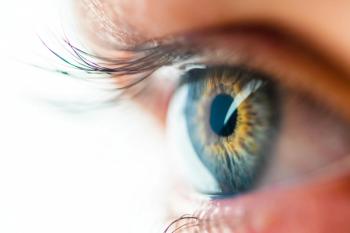
The move comes after the EMA recommended an additional clinical trial of sepofarsen before applying for marketing authorization.
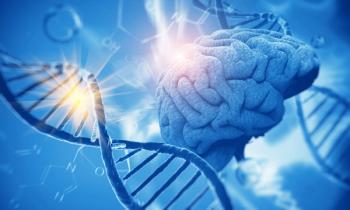
BrainStorm Cell Therapeutics has decided to submit a BLA for NurOwn in ALS following an erratum to a phase 3 trial.
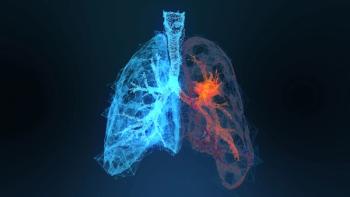
A safety review committee approved the dose-escalation after reviewing the first cohort of patients.
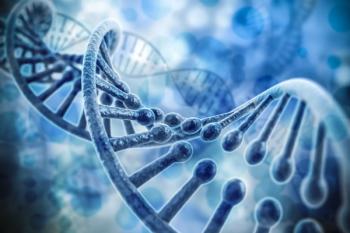
Preclinical data showed a reduction of Gys1 mRNA and protein of more than 80% in multiple skeletal tissues.
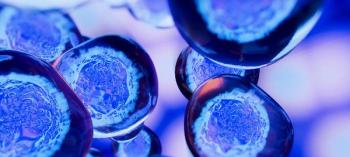
GentiBio will use their proprietary regulatory T cell platform to develop the engineered therapies against multiple targets.
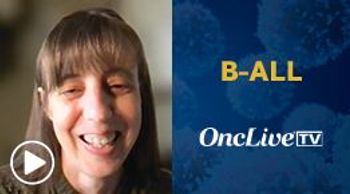
The oncologist from Children's Hospital of Philadelphia discussed long-term safety data with tisagenlecleucel in pediatric patients with acute lymphoblastic leukemia.
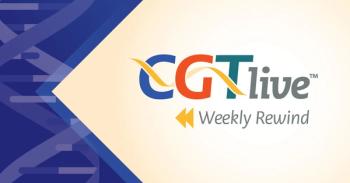
Review top news and interview highlights from the week ending August 12, 2022.
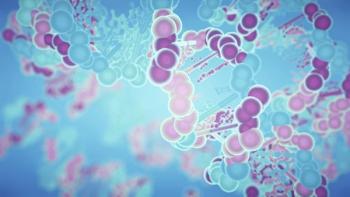
The 2 deaths, due to acute liver failure, occurred in patients treated in Kazakhstan and Russia.
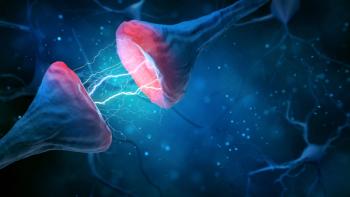
AstroRx previously demonstrated clinically meaningful reductions in the rate of disease progression.

PBFT02, developed by Passage Bio, is delivered via intra cisterna magna administration to the brain.
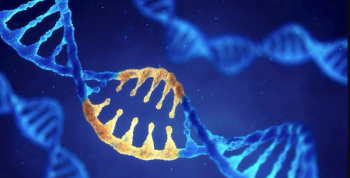
A single patient will be dosed with CRD-THM-001 in an upcoming trial.

The FDA recently accepted the company’s BLA for omidubicel for priority review.
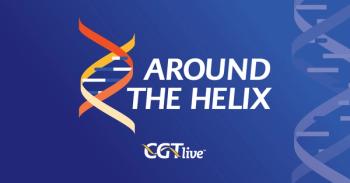
Catch up on the latest news, breakthroughs, and announcements from biotechnology companies making advancements in cell and gene therapies.
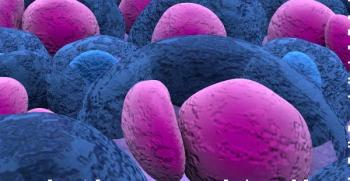
A recent comparison of health-related quality of life scores also favored ide-cel over belantamab mafodotin treatment.
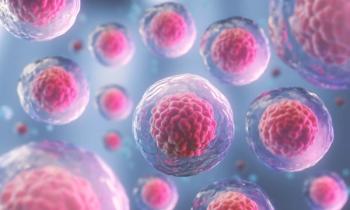
Marker will initiate a company-sponsored study after an initial trial at Baylor College of Medicine showed positive safety data.
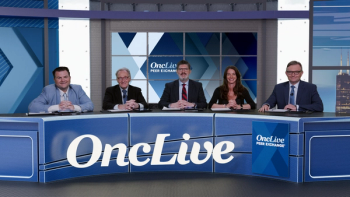
Experts discuss providing supportive care to patients receiving CAR T-cell therapy.
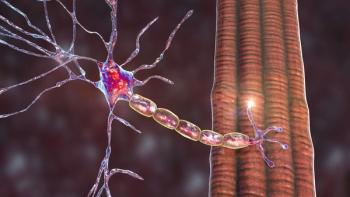
MyoAAV was shown to deliver 25 to 50 times greater gene expression in multiple skeletal muscles compared with natural AAV serotypes.
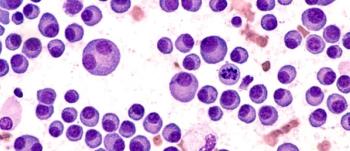
CT103A, a fully human BCMA-directed CAR T-cell therapy, demonstrated deepening efficacy with an acceptable toxicity profile, according to updated data from the phase 1/2 FUMANBA-1 trial.

No such adverse events have occurred in the lower-dose group.
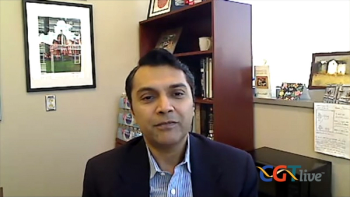
The chief of the lymphoma division and oncologist at Levine Cancer Institute discussed work that needs to be done to support the use of CAR T therapy.
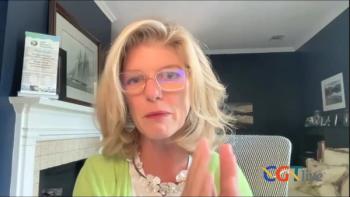
Susan Ruediger, founder and chief mission officer, CMT Research Foundation, discussed the origins of the CMTRF.

Review top news and interview highlights from the week ending August 5, 2022.

The trial is being launched by the University of Florida Center for Regenerative Medicine in collaboration with RESTEM.
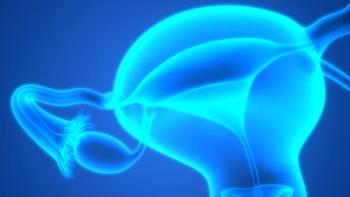
Avenge Bio previously presented positive preclinical data at the ASGCT 2022 meeting.
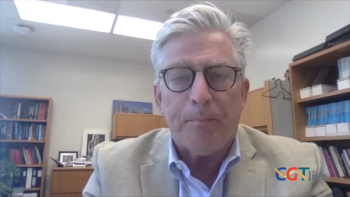
The principal investigator of the HOPE-2 trial discussed safety and efficacy of Capricor’s CAP-1002.

Catch up on the latest news, breakthroughs, and announcements from biotechnology companies making advancements in cell and gene therapies.

The FDA will consider RGX-121's BLA in an accelerated approval pathway.
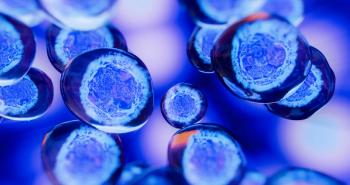
Topline results are expected in the first quarter of 2023.